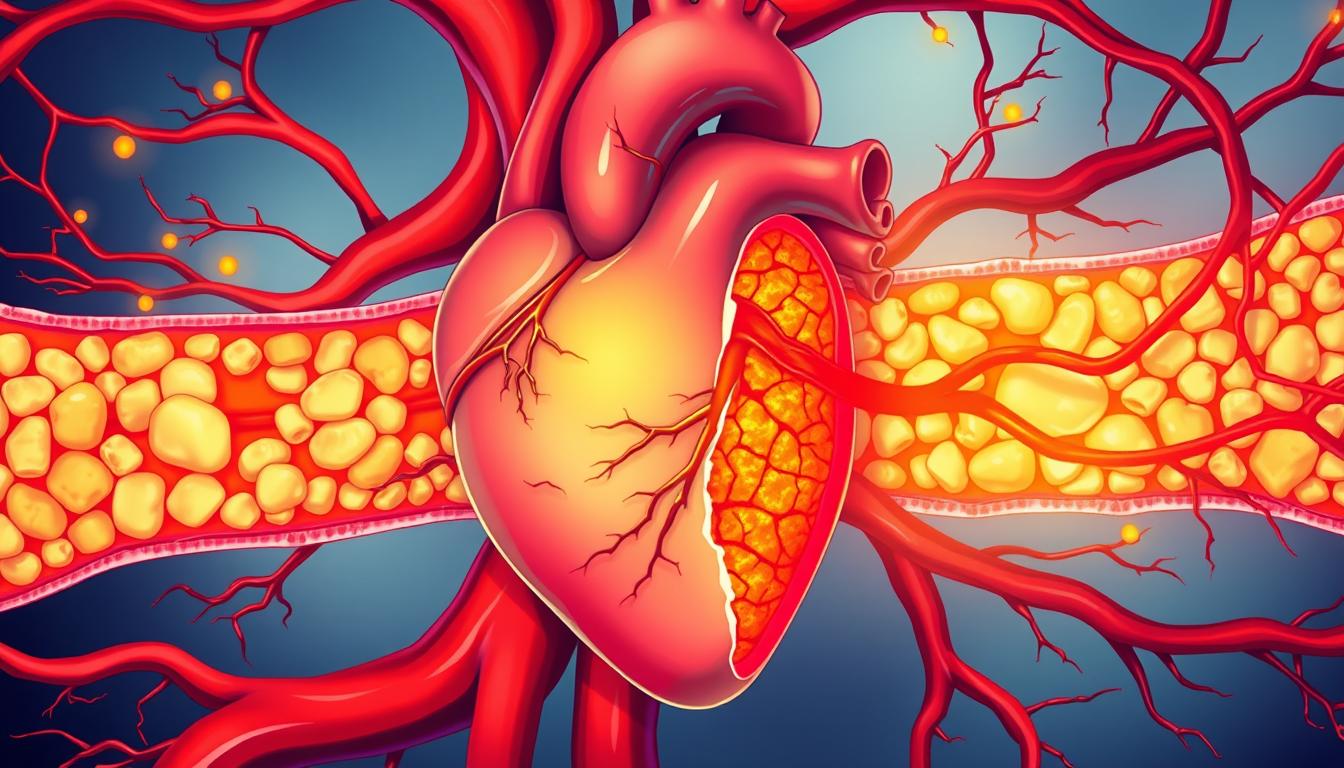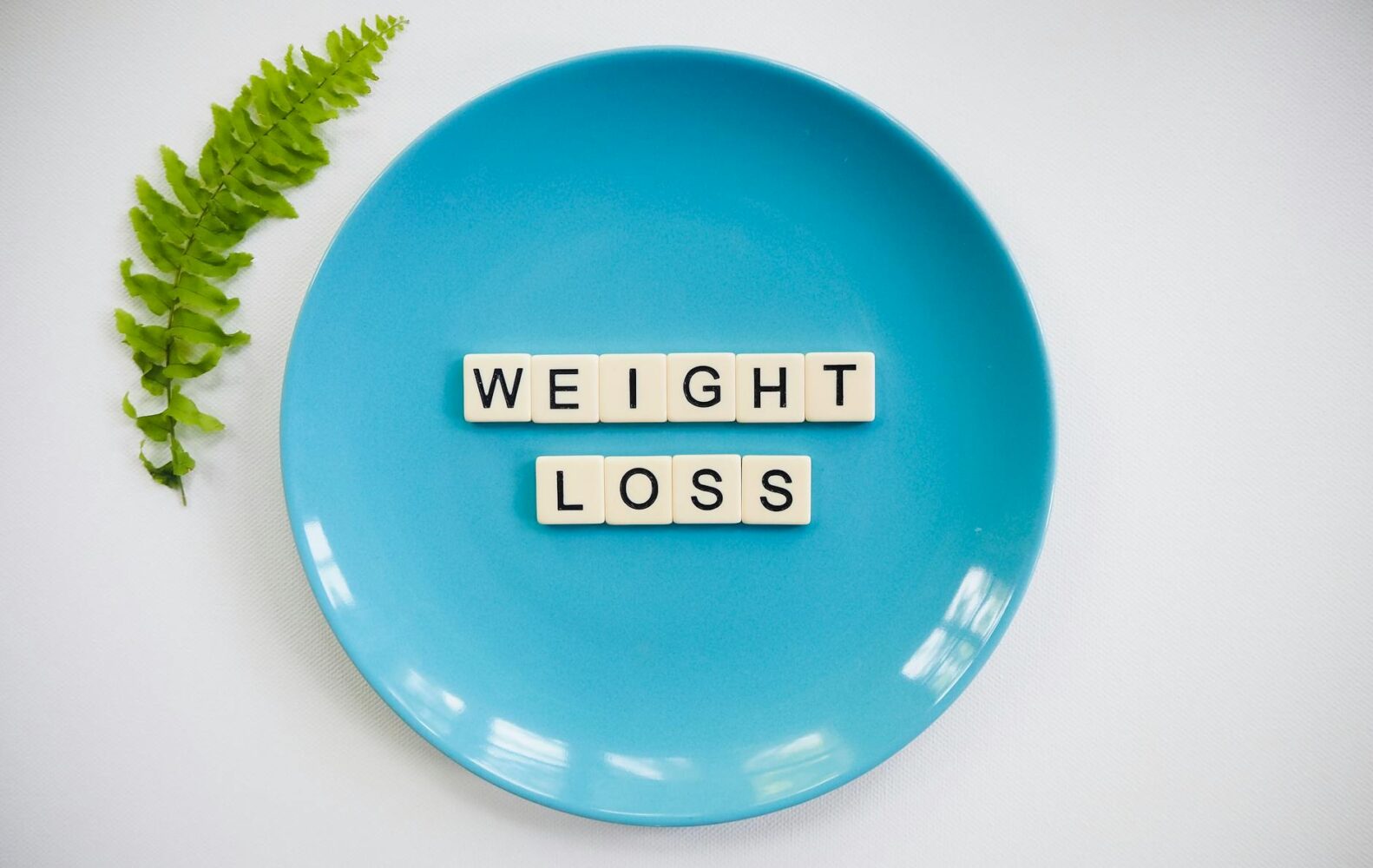Vitamin D deficiency is a big problem that many people don’t know about. It can affect your health in many ways, not just making you tired or having bone pain. It’s important to know the signs of vitamin D deficiency to stay healthy.
Vitamin D is key for many body functions. More and more people have low vitamin D levels. Knowing about vitamin D deficiency is more important than ever. This article will show you the unexpected signs of vitamin D deficiency and why you should be aware of it.
Key Takeaways
- Vitamin D is essential for various bodily functions.
- Symptoms of vitamin D deficiency can be surprising and varied.
- Unaddressed vitamin D deficiency may lead to long-term health issues.
- Awareness of vitamin D deficiency is crucial for everyone.
- Identifying symptoms early can aid in better health outcomes.
Understanding Vitamin D and Its Importance
Vitamin D is key to keeping us healthy. Knowing what vitamin D is helps us see its importance. It’s a fat-soluble vitamin that helps our bodies absorb calcium, which is crucial for strong bones. Our skin can make vitamin D when it’s exposed to sunlight, especially ultraviolet B rays.
What is Vitamin D?
“What is vitamin D?” refers to a group of fat-soluble prohormones. The most studied are vitamin D2 (ergocalciferol) and vitamin D3 (cholecalciferol). Foods like fatty fish, egg yolks, and fortified cereals are good sources. Vitamin D is important for strong bones and a healthy immune system.
How Does Vitamin D Work in the Body?
Vitamin D does more than just help bones. It helps our bodies absorb calcium, which is important for muscles and nerves. It also boosts our immune system, helping us fight off infections. This shows how vital vitamin D is for our health.
Common Symptoms of Vitamin D Deficiency
It’s important to know the signs of vitamin D deficiency to stay healthy. Not having enough vitamin D can cause many problems. Fatigue, muscle weakness, and bone pain are some of the main symptoms.
Fatigue and Tiredness
Many people feel tired because of vitamin D deficiency. They might find simple tasks too hard. This tiredness comes from the body not making enough energy, which vitamin D helps with.
Low vitamin D levels can make you feel really tired and unmotivated. This affects both your body and mind.
Bone Pain and Muscle Weakness
Vitamin D is key for strong bones. Without enough, bones can weaken and hurt. This can make you feel pain and discomfort.
Muscle weakness is another symptom. It makes you feel less strong and less coordinated. Studies show that low vitamin D is linked to muscle and joint pain. It’s important to take care of these symptoms.
| Symptom | Description | Impact |
|---|---|---|
| Fatigue | Lack of energy and motivation | Affects daily activities and mental well-being |
| Bone Pain | Discomfort in bones, often experienced in the back | May lead to decreased mobility |
| Muscle Weakness | Loss of strength, affecting movement and coordination | Increases risk of falls and injuries |

7 Surprising Symptoms of Vitamin D Deficiency
Vitamin D deficiency is more than just common signs. It shows surprising symptoms that really affect our health. Mood swings and depression are among these symptoms. Studies show a strong link between low vitamin D and mental health problems.
It affects how our brain works and our mood. If you feel your emotions changing without reason, check your vitamin D levels.
Unexplained Depression and Mood Swings
The connection between vitamin D and mental health is getting more attention. Low vitamin D can cause severe mood swings and depression. It messes with the brain’s chemicals needed for feeling stable.
This can lead to mood disorders. Checking your vitamin D levels might help find the cause of these mood changes.
Frequent Illness and Infections
Another surprising symptom of vitamin D deficiency is getting sick a lot. Vitamin D is key for a strong immune system. When it’s low, we get sick more easily.
People who get sick often should look into their vitamin D levels. It might help fix the problem.

The Impact of Vitamin D Deficiency on Overall Health
Vitamin D is key for our health, and not having enough can cause big problems. It’s important to know how it affects us to keep our bodies healthy.
Increased Risk of Chronic Diseases
Research shows a clear link between vitamin D levels and chronic diseases. People with low vitamin D are more likely to get osteoporosis, heart disease, and some cancers. This shows why we need enough vitamin D to lower these risks.
Compromised Immune System
Vitamin D and our immune system go hand in hand. Without enough vitamin D, our immune system gets weaker. This makes us more likely to get sick, including colds and autoimmune diseases. This shows how vitamin D deficiency can harm our body’s defense against illness.
How to Diagnose Vitamin D Deficiency
Doctors use several ways to check if someone has a vitamin D deficiency. This is important for people who might be at risk. They need specific tests to find out.
Testing Methods and Recommendations
The main test for vitamin D deficiency is the serum 25-hydroxyvitamin D test. It’s a blood test that shows how much vitamin D is in your blood. It helps doctors understand your vitamin D levels.
There are also other tests, like vitamin D rapid test kits. These are good for people who want to test themselves at home.
Knowing when to get tested is key. People with obesity, certain gut problems, or over 65 should get tested every year. Those who don’t get much sun or eat only plants might need tests more often too.
It’s important to talk to a doctor about diagnosing vitamin D deficiency. They can give advice based on your health. While testing yourself can be helpful, a doctor’s opinion is crucial for accurate results.
| Testing Method | Advantages | Frequency Recommendations |
|---|---|---|
| Serum 25-Hydroxyvitamin D Test | Standardized, reliable results | Annually for at-risk groups |
| Vitamin D Rapid Test Kits | Convenience of at-home testing | Every 3 to 6 months for self-monitoring |
| Medical Consultation | Personalized recommendations | As needed based on health changes |
Ways to Increase Your Vitamin D Levels
To boost vitamin D levels, a mix of methods is best. Natural sunlight is a top choice. Just 15 to 30 minutes outside on sunny days can help a lot. But, remember to protect your skin to avoid sun damage.
Eating foods rich in vitamin D is also key. Fatty fish like salmon, fortified dairy, and mushrooms are great sources. Adding these to your meals can help keep your vitamin D levels up. If diet alone isn’t enough, supplements might be needed.
Choosing the right vitamin D supplement is important. There are D2 and D3 types, and needs vary by age and health. Always talk to a doctor before starting supplements to avoid too much. By using these methods, you can improve your vitamin D levels and health.













